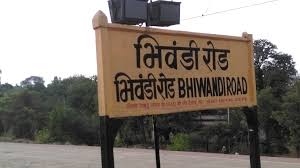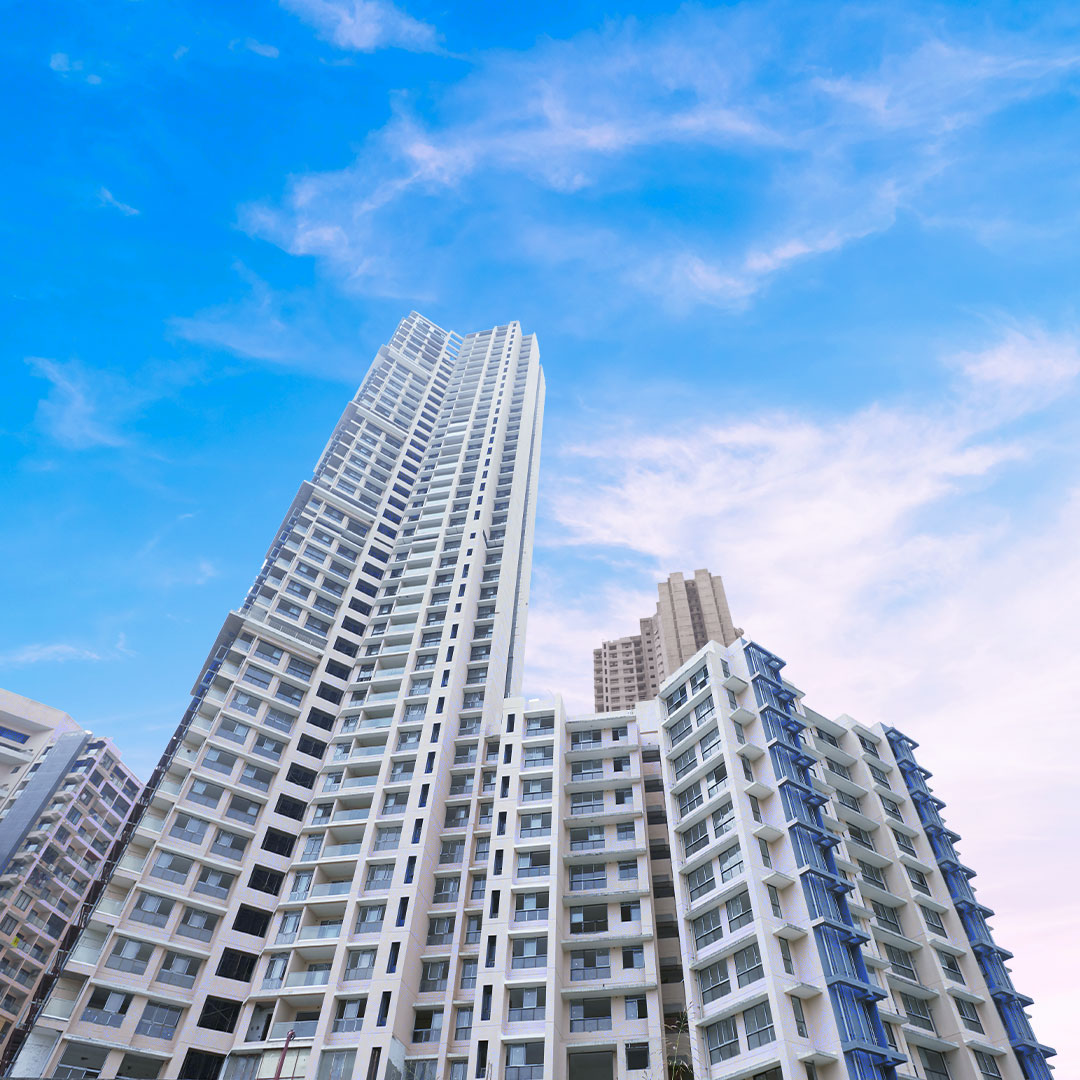By Manju Yagnik
In recent years, the issue of affordable housing has gained significant attention in India as the demand for quality yet budget-friendly housing continues to outpace supply. This growing challenge stems from a multitude of factors ranging from rapid urbanization and population growth to economic disparities and regulatory hurdles. As India’s cities expand and develop, the need for accessible housing for all segments of society becomes increasingly urgent.
Urbanization and Population Growth
One of the main causes of the issue of affordable housing in India is rapid urbanization. According to the 2011 Census, India’s urban population stood at 377 million and is projected to reach 600 million by 2031. This influx of people into cities puts immense pressure on existing housing infrastructure, leading to overcrowding, informal settlements, and rising property prices. As urban areas expand to accommodate this population surge, the demand for affordable housing escalates, creating a supply-demand gap that is difficult to bridge.
Economic Disparities
Another critical factor contributing to the affordability crisis is the widening income gap and disparities in wealth distribution. While India boasts a burgeoning middle class and a growing number of affluent individuals, a large segment of the population still struggles to access basic amenities, including housing. Low-income families, in particular, find it challenging to secure decent housing within their limited budget, forcing them to live in substandard conditions or on the outskirts of cities where transportation and other essential services are scarce.
Rising Land and Construction Costs
The escalating cost of land and construction materials further exacerbates the affordability issue. Land prices in urban areas, especially in prime locations, have skyrocketed, making it financially unviable for developers to undertake affordable housing projects. Similarly, the cost of building materials like cement, steel, and labour has been on the rise, adding to the overall cost of construction. As a result, developers find it challenging to offer housing units at affordable price points while maintaining quality standards.
Regulatory Hurdles and Policy Constraints
Complex regulatory frameworks and bureaucratic processes also pose significant challenges to the development of affordable housing in India. Obtaining necessary approvals, permits, and clearances from multiple government agencies can be time-consuming and expensive, deterring developers from investing in affordable housing projects. Additionally, ambiguous land acquisition laws and outdated zoning regulations often hinder the development of affordable housing schemes, further limiting the supply of affordable homes.
Lack of Financing Options
In the affordable housing market, having access to reasonable financing solutions is essential for both developers and homeowners. Limited availability of funds at reasonable interest rates constrains developers’ ability to undertake large-scale affordable housing projects. Similarly, prospective homebuyers, especially from low-income groups, face difficulties in securing housing loans due to stringent eligibility criteria set by financial institutions. The absence of innovative financing mechanisms tailored to the needs of affordable housing exacerbates the affordability crisis.
Infrastructure and Service Deficiencies
The lack of adequate infrastructure and basic services in low-income housing areas adds to the challenges of affordable housing in India. Many affordable housing complexes can be found in peri-urban or outer-city settings, where access to basic amenities like transportation, healthcare, education, and water supply is scarce.This compromises the quality of life for residents and reduces the attractiveness of affordable housing options.
Sustainability and Quality Standards
Balancing affordability with sustainability and quality standards remains a persistent challenge in India’s affordable housing sector. While there is a growing emphasis on green building practices and energy-efficient design, implementing these measures without significantly increasing costs is a complex task. Ensuring durability, safety, and livability in affordable housing developments requires innovative approaches and technological interventions that are often underutilized due to budget constraints.
Government Initiatives and Way Forward
In spite of these obstacles, the Indian government has introduced a number of programs to support affordable housing, including the Affordable Rental Housing Complex (ARHC) scheme and the Pradhan Mantri Awas Yojana (PMAY). These schemes aim to incentivise developers, streamline approval processes, and provide financial assistance to eligible beneficiaries. However, sustained efforts are needed to address the systemic issues plaguing the affordable housing sector, including land reforms, policy reforms, and infrastructure investments.
In conclusion, the challenges of affordable housing in India are multifaceted and require a comprehensive approach involving collaboration between government agencies, developers, financial institutions, and civil society. By addressing regulatory barriers, improving access to financing, promoting sustainable practices, and prioritizing inclusive urban planning, India can make significant strides towards ensuring affordable housing for all its citizens. The path ahead is challenging but not impossible, and concerted efforts towards affordable housing will have far-reaching socio-economic benefits for the nation.
About the Author: Manju Yagnik, Vice Chairperson of Nahar Group and Senior Vice President of NAREDCO- Maharashtra
Also Read: Luxury Real Estate Trends 2024: What Buyers and Sellers Need to Know in Today’s Market









